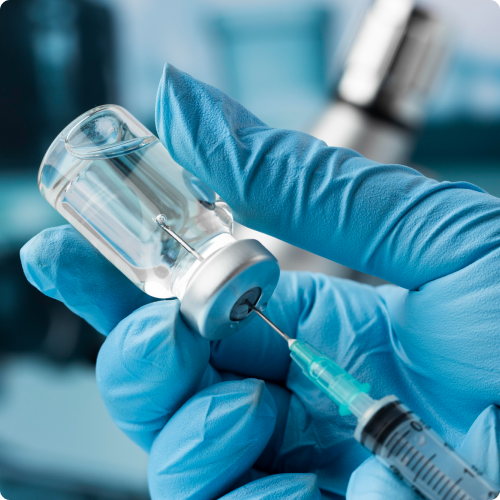Understanding Testosterone and Its Importance for Men
What is Testosterone?
Testosterone is a crucial hormone primarily associated with male development and reproduction. It plays a vital role in various bodily functions, including muscle mass maintenance, bone density regulation, and the production of red blood cells. Additionally, testosterone influences mood, cognitive function, and overall well-being.
The Importance of Balanced Testosterone Levels
Maintaining balanced testosterone levels is essential for men’s health and vitality. Optimal testosterone levels contribute to physical strength, libido, and energy levels. Conversely, low testosterone levels can lead to a range of symptoms, including fatigue, decreased libido, and mood disturbances.
Recognizing Signs of Low Testosterone
Common Symptoms of Low Testosterone
Recognizing the signs of low testosterone is crucial for early intervention. Common symptoms include fatigue, decreased libido, erectile dysfunction, and reduced muscle mass. Additionally, men with low testosterone may experience changes in mood, such as irritability, depression, and lack of motivation.
Lifestyle Factors Contributing to Low Testosterone
Several lifestyle factors can contribute to low testosterone levels in men. Poor dietary habits, lack of exercise, chronic stress, and inadequate sleep can all negatively impact testosterone production. Addressing these lifestyle factors is essential for optimizing testosterone levels and overall health.
Strategies for Boosting Testosterone Naturally
Dietary Changes to Support Testosterone Production
A healthy diet rich in nutrients such as zinc, vitamin D, and omega-3 fatty acids can support testosterone production. Foods like lean meats, fish, nuts, seeds, and leafy greens are excellent choices for promoting hormonal balance. Avoiding excessive alcohol consumption and processed foods is also beneficial for testosterone levels.
Exercise and Physical Activity Recommendations
Regular exercise, particularly resistance training and high-intensity interval training (HIIT), can boost testosterone levels naturally. Exercise stimulates the production of testosterone and promotes muscle growth and fat loss. Aim for at least 150 minutes of moderate-intensity exercise or 75 minutes of vigorous-intensity exercise per week for optimal testosterone health.
Stress Management Techniques for Hormonal Balance
Chronic stress can lead to elevated cortisol levels, which can suppress testosterone production. Practicing stress management techniques such as meditation, deep breathing exercises, and yoga can help reduce cortisol levels and support hormonal balance. Prioritizing adequate sleep and engaging in relaxing activities can also mitigate the effects of stress on testosterone levels.
Medical Interventions for Testosterone Optimization
Testosterone Replacement Therapy (TRT) Options
For men with clinically low testosterone levels, testosterone replacement therapy (TRT) may be recommended. TRT involves administering testosterone through injections, patches, gels, or implants. It can help alleviate symptoms of low testosterone and improve overall quality of life. However, TRT should only be prescribed and monitored by a qualified healthcare provider.
Integrative Approaches to Low Testosterone Treatment
Integrative medicine approaches, such as functional medicine and naturopathy, focus on addressing the root causes of hormonal imbalances. These approaches may include dietary modifications, nutritional supplements, stress management techniques, and lifestyle counseling. Integrative healthcare providers can offer personalized treatment plans tailored to individual needs and preferences.
Seeking Professional Guidance for Testosterone Optimization
Importance of Consultation with Healthcare Providers
If you suspect you have low testosterone or are experiencing symptoms associated with hormonal imbalances, seek guidance from a qualified healthcare provider. They can conduct a thorough evaluation, including hormone testing, to assess your testosterone levels and determine the appropriate course of action.
Finding Qualified TRT Specialist
For Low testosterone , it is essential to choose a healthcare provider specializing in men’s health. Consider factors such as experience, credentials, and patient reviews when selecting a specialist. A collaborative approach between you and your healthcare provider is key to achieving optimal testosterone levels and overall well-being.



